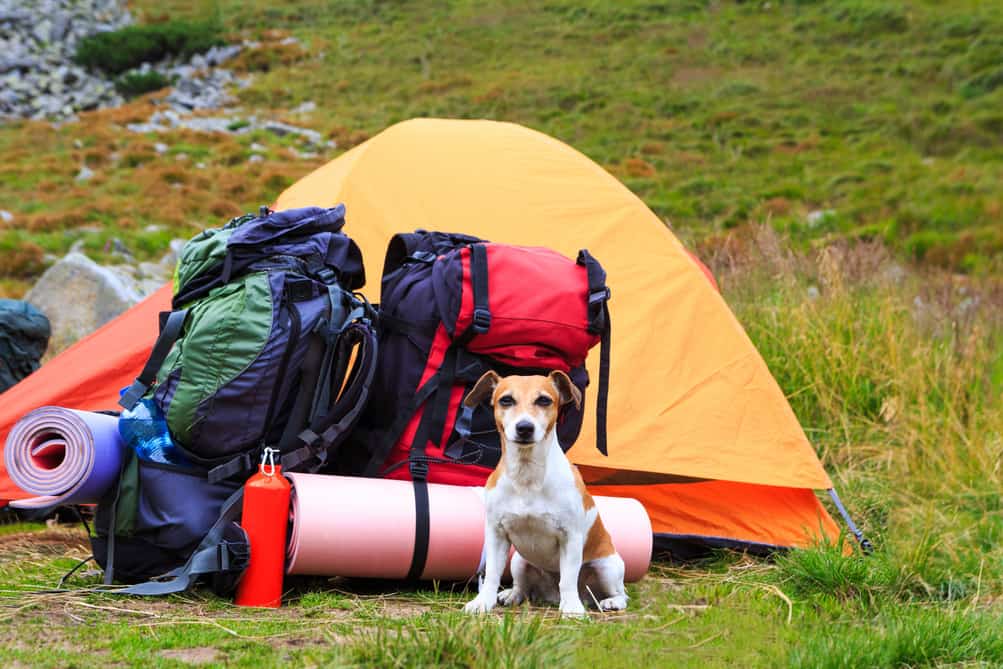Camping with your canine companion can be an incredibly rewarding experience, but it requires careful planning and packing. Whether you’re tent camping with dogs or exploring dog-friendly national park campsites, having the right gear is crucial for a safe and enjoyable trip. Here’s a comprehensive checklist of essential camping gear for your furry friend:
Identification and Safety
- Collar with ID tags and current contact information.
- Leash (standard and long-line options).
- Harness for added control and safety.
- LED collar or light for nighttime visibility.
- Current vaccination records.
Food and Water
- Collapsible food and water bowls.
- Sufficient food for the trip plus extra.
- Treats for rewards and training.
- Portable water filter or extra water.
- Airtight container for food storage.
Don’t forget to pack some camping recipes for dogs to keep your pup well-fed and happy during your outdoor adventure.
Sleeping Gear
- Dog bed or blanket.
- Insulated sleeping pad for cold ground protection.
- Dog-specific sleeping bag for colder weather.
First Aid and Health
- Pet first-aid kit.
- Any necessary medications.
- Tick remover and flea/tick prevention.
- Paw balm or booties for paw protection.
Be sure to educate yourself on ticks and fleas: camping dog dangers to protect your furry friend from these pesky parasites.
Comfort and Cleaning
- Towels for drying and cleaning.
- Brush for grooming.
- Poop bags and a designated waste bag.
- Portable dog shower or wipes for cleaning.
Entertainment and Exercise
- Favorite toys.
- Frisbee or ball for exercise.
- Puzzle toys or chews for downtime.
Campsite Management
- Stake and tie-out cable for secure containment.
- Portable dog fence or playpen for added freedom.
- Cooling mat for hot weather.
Travel Accessories
- Dog backpack for carrying their own gear (if appropriate).
- Car seat cover or crate for safe transportation.
- Portable water bottle with built-in bowl.
Weather Protection
- Dog coat or sweater for cold weather.
- Cooling vest for hot weather.
- Sunscreen for dogs with thin coats or exposed skin.
Miscellaneous
- Dog-safe insect repellent.
- Portable dog tent or shade structure.
- Extra gear for specific activities (e.g., life jacket for water activities).
Remember to tailor this list to your dog’s specific needs and the camping environment you’ll visit. Always check campground pet regulations before your trip, and practice Leave No Trace principles to keep outdoor spaces clean and accessible for everyone.
If you’re looking for adventure, consider exploring dog-friendly hiking trails during your camping trip. These trails offer a great opportunity for you and your furry friend to experience nature together.
Packaging these essentials will prepare you for a memorable camping adventure with your canine companion. Happy camping!









Leave a Reply